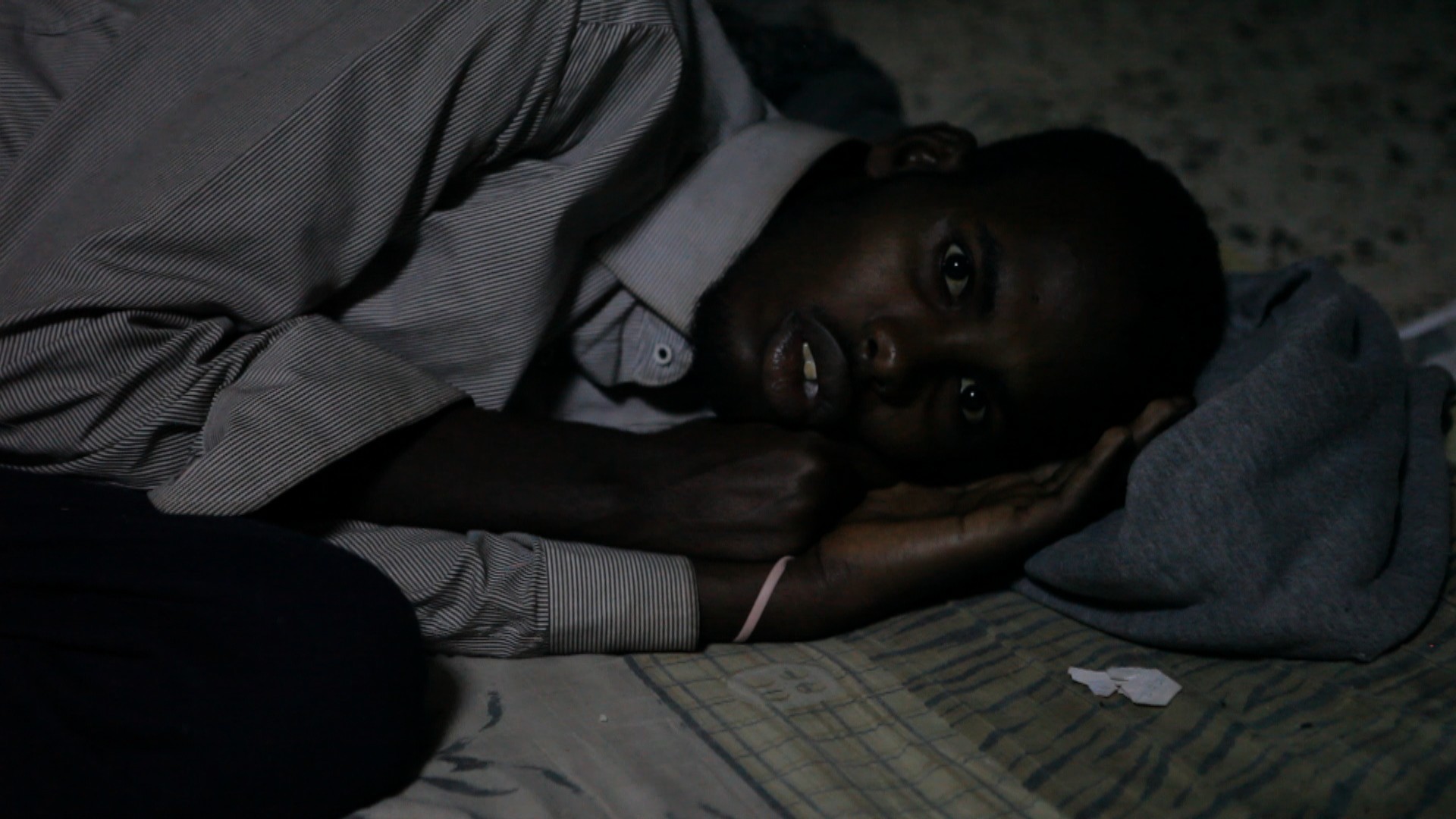Getty Images
European Union leaders announced a tough new deal Friday to tackle irregular migration, one that will see asylum processing centers established across the bloc.Under the agreement, EU member states will share refugees arriving in the bloc on a voluntary basis — amid resistance to mandatory quotas from nationalist governments in Hungary and Poland —– and will create “controlled centers” across the EU for “rapid and secure processing” of asylum requests, to distinguish between those in need of international protection, and economic migrants who will be sent back home.The leaders also agreed to toughen up external border controls, boost efforts to combat people smugglers operating out of Libya and elsewhere, and explore the possibility of “regional disembarkation platforms” to process migrant claims outside the EU, potentially in North Africa.The toughened stance of the agreement, reflecting rising nationalist sentiment over immigration in many parts of the bloc, has concerned NGO groups who work to help migrants who make the perilous Mediterranean crossing.The dangers of the route were reinforced Friday, as Libya’s coastguard said some 100 people were missing, feared dead, after a migrant boat capsized off the country’s coast.Doctors Without Borders warned that the deal would lead to more deaths at sea, and people being stranded in brutal Libyan migrant camps.“The EU states have to come to their senses,” the group said in a statement. “They are withdrawing from their responsibility to save human lives.”Judith Sunderland, associate director for Human Rights Watch’s Europe and Central Asia division, said that her organization had a mixed reaction to the agreement.“EU leaders agreed two big ideas on migration last night,” she told VICE News. “The first idea, to work together to process asylum seekers inside Europe, could be promising as long as it safeguards rights and avoid detention.“The second idea, to obstruct NGO rescue groups and reinforce Libya’s interdiction of migrants, will deepen EU complicity in abuse.”Irregular migration into the EU has dropped significantly from its 2015 peak, with fewer than 45,000 people arriving so far this year. But discussions to find a common approach to the migration issue had taken on a new urgency due to recent political developments in Italy and Germany.READ MORE: Migrant numbers are way down in the EU, but the far right doesn’t want you to know thatThe deal, announced in a convoluted statement following talks which ran into the early hours Friday, may have done just enough to satisfy the demands of Rome’s populist government, which had demanded action to ease the burden of thousands of migrants arriving on its shores, and to defuse a political standoff in Germany that has threatened to topple Angela Merkel’s government.It agreed to share responsibility for migrants rescued at sea, as Italy had sought, and take measures to restrict the movement of asylum seekers between EU states — a key concern for Germany.In Italy, a frontline country which has received more than a third of irregular arrivals by sea this year, the new nationalist government closed its ports to NGO ships carrying rescued migrants and demanded European neighbors do more to share the burden.“After this European summit, Europe is more responsible and offers more solidarity,” said Italian Prime Minister Giuseppe Conte, who had threatened to veto the rest of the summit’s agenda if his government’s concerns were not addressed.“Today Italy is no longer alone.”Interior Minister Matteo Salvini, whose far-right League party has advocated a hardline anti-migrant approach, expressed some satisfaction with the deal, telling a radio interviewer Friday that his government had gotten about 70 percent of what it wanted. He welcomed moves to do more to protect the EU’s external border, and vowed that Italian ports would remain closed to migrant ships. “They will only see Italy in a postcard,” he said.Germany’s Merkel also had a lot riding on the talks, with her coalition partner, the Christian Social Union (CSU), threatening to shut borders to migrants unless she could make progress on the issue of “secondary migration” — migrants travelling to Germany, the bloc’s wealthiest economy, from other parts of the EU.Failure to gain traction on the issue had the potential to collapse her government, but emerging from the talks Friday, she said she was optimistic that the summit had yielded enough to appease her coalition partner, while acknowledging there was still “a lot of work to do to bridge the different views” within the EU.Josef Janning, head of the European Council on Foreign Relations’ Berlin office, told VICE News that Merkel had “not come back empty-handed,” and may have secured enough to satisfy her junior coalition partner, although it remained to be seen how the CSU would respond.“The summit has brought about a scheme to significantly reduce the arrival of boat people to the EU and a new approach to deal with them — even though this will be done on a voluntary basis. If and when this works, it will take pressure off of secondary migration.”A CSU lawmaker, Hans Michelbach, told German television that Merkel would need to discuss the proposal with the party’s leadership in coming days, and that the CSU was committed to the coalition — but did not rule out the possibility of closing the border. Cover image: Czech Prime Minister Andrej Babis is talking with the German Chancellor Angela Merkel, the Austrian Chancellor Sebastian Kurz, the Swedish Prime Minister Kjell Stefan Lofven during an EU Summit at European Council on June 28, 2018 in Brussels, Belgium. (Thierry Monasse/Getty Images)
Cover image: Czech Prime Minister Andrej Babis is talking with the German Chancellor Angela Merkel, the Austrian Chancellor Sebastian Kurz, the Swedish Prime Minister Kjell Stefan Lofven during an EU Summit at European Council on June 28, 2018 in Brussels, Belgium. (Thierry Monasse/Getty Images)
Advertisement
Advertisement
Political crisis averted?
Advertisement
